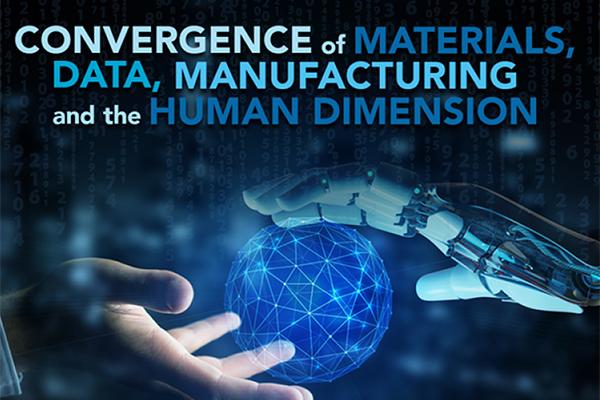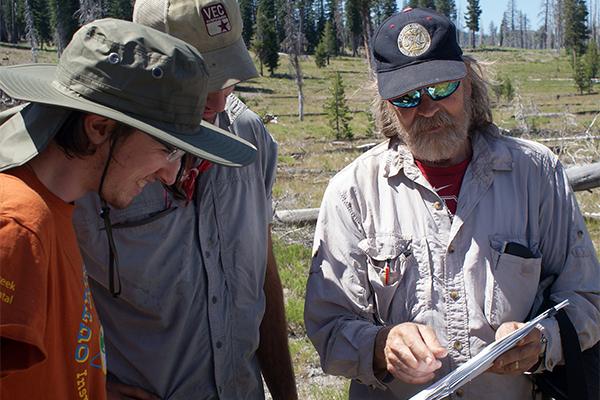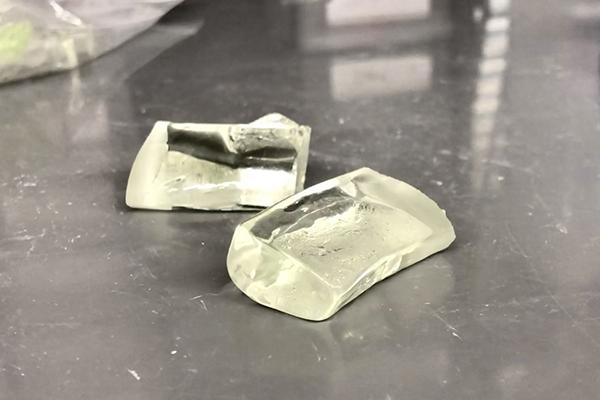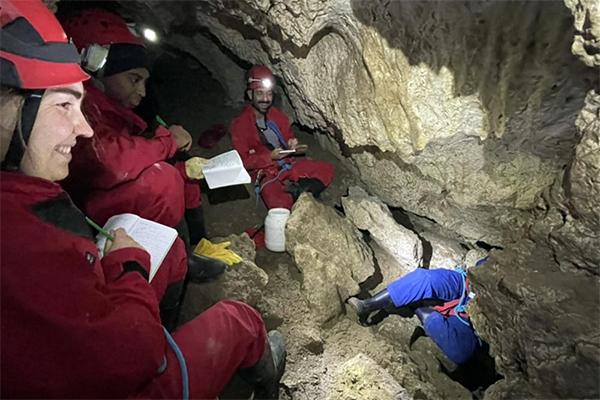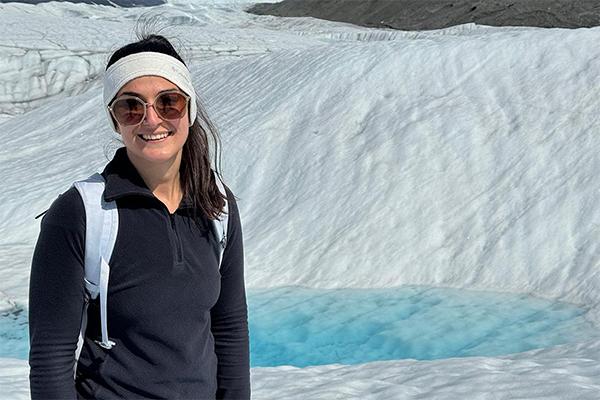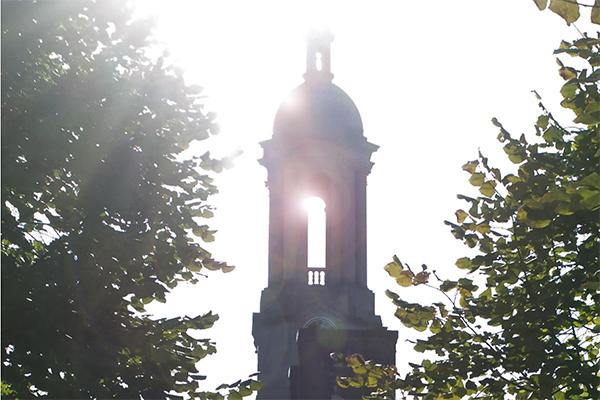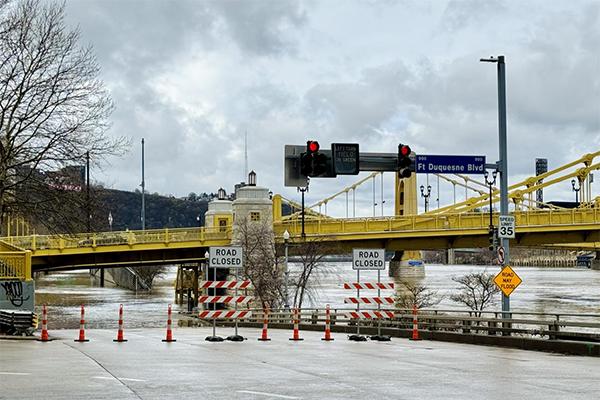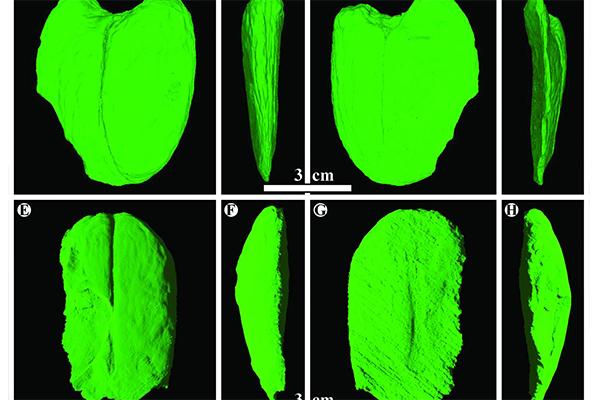Read the latest news about research conducted by investigators in the College of Earth and Mineral Sciences. Our faculty and students are continually advancing technology, creating solutions and expanding knowledge with new and innovative research.
News
Registration is open for Materials Day, an opportunity for the University research community to celebrate past achievements, make connections and peer into the future of materials.
Alan Taylor, a recently retired and now professor emeritus of geography, spent decades researching West Coast landscape and fire ecology. He used ecological signals and human history to paint a picture of how forests changed over time.
At its Sept. 5 meeting, the Penn State Board of Trustees Committee on Research and Technology heard from Andrew Read, senior vice president for research, about the mission of the Penn State Research Foundation, as well as an update on its activities.
The U.S. Department of Energy (DOE) announced today (Sept. 4) that it will continue to support Penn State’s Center for Three-Dimensional Ferroelectric Microelectronics Manufacturing (3DFeM) as an Energy Frontier Research Center.
Department of Geosciences hosted International Geobiology Course, an immersive and interdisciplinary course that explores how microbial life and the Earth have shaped each other.
Mahsa Bahrami, a doctoral student in Penn State’s Department of Geography, has been awarded a NASA Future Investigators in NASA Earth and Space Science and Technology (FINESST) grant to fund her research on meltwater lakes at the surface of the Antarctic ice sheet.
Penn State and Shell USA Inc. have announced the launch of a collaboration. An initial commitment from Shell of more than $1 million will fund initiatives focused on energy transition, decarbonization, polymer recycling and biodiversity, and the creation of an inclusive and innovative energy workforce.
The Appalachian Regional Commission (ARC) has awarded $600,000 to Penn State’s Silicon Carbide Innovation Alliance (SCIA) to develop a series of educational courses, workshops, and paid academic and industrial internships focused on workforce development in Pennsylvania for the growing semiconductor industry.
Penn State students, Carnegie Mellon students, Penn State faculty and staff from the Franco Harris Pittsburgh Center at Penn State are collaborating to use existing fiber optic cables to predict dangerous potential geohazards like flooding, landslides and sinkholes in Pittsburgh.
Ancient fossil beans about the size of modern limes, and among the largest seeds in the fossil record, may provide new insight into the evolution of today’s diverse Southeast Asian and Australian rainforests, according to Penn State researchers who identified the plants.



